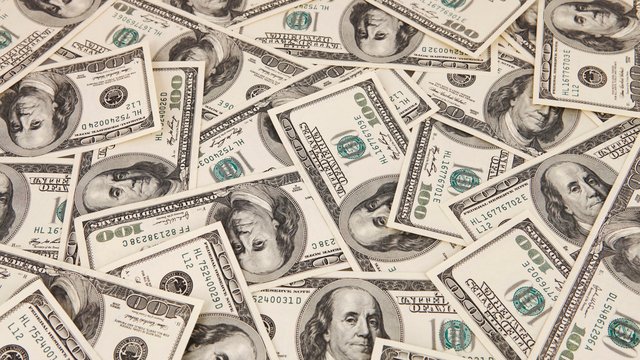What would you do if you were given this challenge? When I ask this question to most groups, someone usually shouts out, “Go to Las Vegas,” or “Buy a lottery ticket.” This gets a big laugh.. These folks would take a significant risk in return for a small chance at earning a big reward. Today I will try to cover up some of the most efficient ways to grow your $5 and turn them into something valuable .
The next most common suggestion is to set up a car wash or lemonade stand, using the five dollars to purchase the starting materials. This is a fine option for those interested in earning a few extra dollars of spending money in two hours.
But most of my students eventually found a way to move far beyond the standard responses. They took seriously the challenge to question traditional assumptions—exposing a wealth of possibilities—in order to create as much value as possible.
How did they do this? Here’s a clue: the teams that made the most money didn’t use the five dollars at all. They realized that focusing on the money actually framed the problem way too tightly. They understood that five dollars is essentially nothing and decided to reinterpret the problem more broadly: What can we do to make money if we start with absolutely nothing?
They ramped up their observation skills, tapped into their talents, and unlocked their creativity to identify problems in their midst—problems they experienced or noticed others experiencing—problems they might have seen before but had never thought to solve. These problems were nagging but not necessarily at the forefront of anyone’s mind. By unearthing these problems and then working to solve them, the winning teams brought in over $600, and the average return on the five dollar investment was 4,000 percent! If you take into account that many of the teams didn’t use the funds at all, then their financial returns were infinite.

However, the team that generated the greatest profit looked at the resources at their disposal through completely different lenses, and made $650. These students determined that the most valuable asset they had was neither the five dollars nor the two hours. Instead, their insight was that their most precious resource was their three-minute presentation time on Monday. They decided to sell it to a company that wanted to recruit the students in the class. The team created a three-minute “commercial” for that company and showed it to the students during the time they would have presented what they had done the prior week. This was brilliant. They recognized that they had a fabulously valuable asset—that others didn’t even notice—just waiting to be mined.
All I am saying Is That We are boxing ourselves in with limitations !
Yes, a lawyer could make money just working a couple of hours. Yes, it takes time and physical effort to make money. But what are the assumptions you’re making in your daily life? What are you not looking at? What have you taken for granted?
Anybody can ask you those questions, but not everybody can set you up and put you in a place that makes you most receptive to appreciating the full power of those questions.
If you can tell me that you go about your life questioning every assumption and leveraging every hidden advantage, sure. But are you? What would it take to get you to start doing that?
Hi! I am a robot. I just upvoted you! I found similar content that readers might be interested in:
https://www.psychologytoday.com/intl/blog/creativityrulz/200908/the-5-challenge